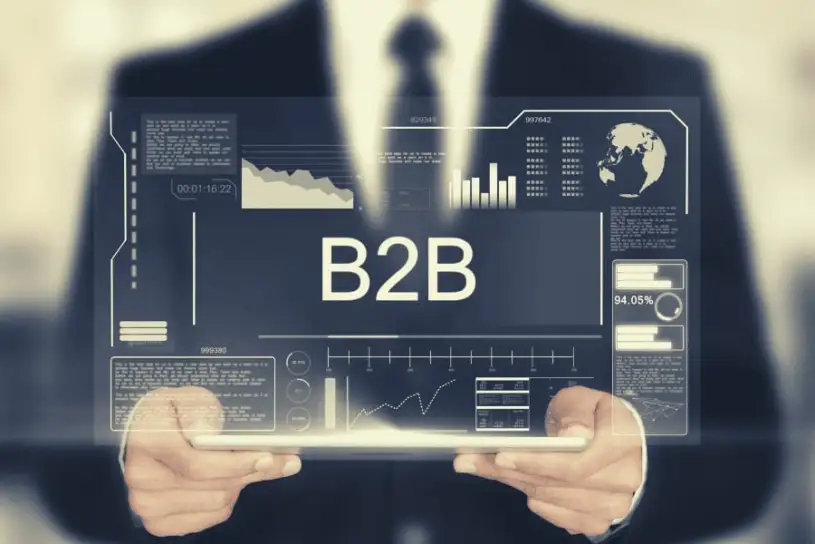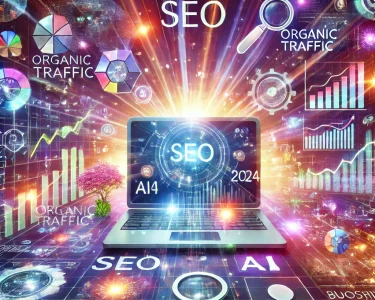The landscape of B2B marketing has undergone a seismic shift. Gone are the days of generic sales pitches and impersonal outreach. Today’s B2B buyer is more informed, sophisticated, and demanding than ever before. To thrive in this new era, businesses must adopt a strategic, data-driven approach that prioritizes building relationships over transactions.
This blog delves into the key trends shaping B2B marketing, exploring strategies that resonate with modern buyers and drive tangible results.
Understanding the Modern B2B Buyer
Before diving into strategies, it’s crucial to grasp the evolving profile of the B2B buyer. Today’s decision-makers are digital natives, armed with information at their fingertips. They’ve grown accustomed to personalized experiences and expect businesses to anticipate their needs.
- Buyer autonomy: With access to a wealth of information, B2B buyers are taking control of the buying process. They research extensively before engaging with sales, making it essential to provide valuable content throughout the customer journey.
- Focus on outcomes: Buyers are less interested in product features and more concerned with the business impact. Your marketing should demonstrate how your solution addresses specific challenges and delivers measurable results.
- Digital savviness: B2B buyers are highly digitally proficient. They expect seamless online experiences, from website navigation to mobile optimization.
The Shift Towards Account-Based Marketing (ABM)
Account-Based Marketing (ABM) is a strategic approach that focuses on a specific set of ideal customer accounts. By tailoring marketing and sales efforts to these high-value accounts, businesses can increase conversion rates and improve customer lifetime value.
- Identify ideal customer profiles (ICP): Clearly define the characteristics of your target accounts to ensure laser-focused efforts.
- Personalized engagement: Create tailored content and messaging that resonates with each account’s specific needs and challenges.
- Data-driven optimization: Track key performance indicators (KPIs) to measure the effectiveness of your ABM campaigns and refine your approach accordingly.
Content Marketing: The Cornerstone of B2B Success
Content marketing remains a powerful tool for attracting and engaging B2B buyers. However, the approach has evolved. Instead of generic content, focus on creating high-quality, informative pieces that address specific pain points.
- Buyer-centric content: Develop content that aligns with the buyer’s journey, providing value at each stage.
- Storytelling: Craft compelling narratives that resonate with your target audience and build emotional connections.
- Data-driven optimization: Analyze content performance to identify what works and make necessary adjustments.
Leveraging Social Media for B2B Success
Social media is no longer just for B2C brands. Platforms like LinkedIn, Twitter, and Facebook offer valuable opportunities to connect with B2B buyers.
- Platform selection: Choose platforms where your target audience is most active.
- Share valuable content: Use social media to distribute your content and engage with your audience.
- Build relationships: Foster connections with industry influencers and potential customers.
The Power of Data and Analytics
Data is the lifeblood of modern marketing. By leveraging analytics, businesses can gain valuable insights into customer behavior, preferences, and buying patterns.
- Data collection: Implement robust tracking and measurement systems to capture relevant data.
- Data analysis: Use analytics tools to uncover trends, patterns, and opportunities.
- Data-driven decision making: Make informed decisions based on data-backed insights.
Building Strong B2B Relationships
In the new era of B2B marketing, building strong relationships is paramount. Focus on providing exceptional customer experiences and demonstrating your commitment to long-term partnerships.
- Customer-centric approach: Put the customer at the center of everything you do.
- Personalized communication: Tailor your interactions to meet individual needs and preferences.
- Customer success: Go beyond the sale by providing ongoing support and resources.
The Role of AI and Automation
Artificial intelligence (AI) and automation are transforming B2B marketing. These technologies can streamline processes, improve efficiency, and enhance personalization.
- Chatbots: Use chatbots to provide instant customer support and answer frequently asked questions.
- Predictive analytics: Leverage AI to forecast customer behavior and optimize campaigns.
- Personalization: Utilize AI to deliver tailored content and recommendations.
Measuring Success: Key Metrics
To evaluate the effectiveness of your B2B marketing efforts, it’s essential to track the right metrics.
- Website traffic: Measure the number of visitors to your website and key landing pages.
- Lead generation: Track the number of leads generated through your marketing campaigns.
- Conversion rates: Analyze the percentage of leads that convert into customers.
- Customer lifetime value: Measure the total revenue a customer generates over their relationship with your business.
- Return on investment (ROI): Calculate the return on your marketing investment.
Final Thoughts
The new era of B2B marketing demands a strategic, customer-centric approach. By understanding your target audience, embracing digital technologies, and building strong relationships, you can position your business for long-term success. Remember, marketing is an ongoing journey, so continuously adapt and refine your strategies based on data and customer feedback.
Read More Technology News and Information:
The Crucial Role of Ethics in AI: Beyond Coding and Collaboration





